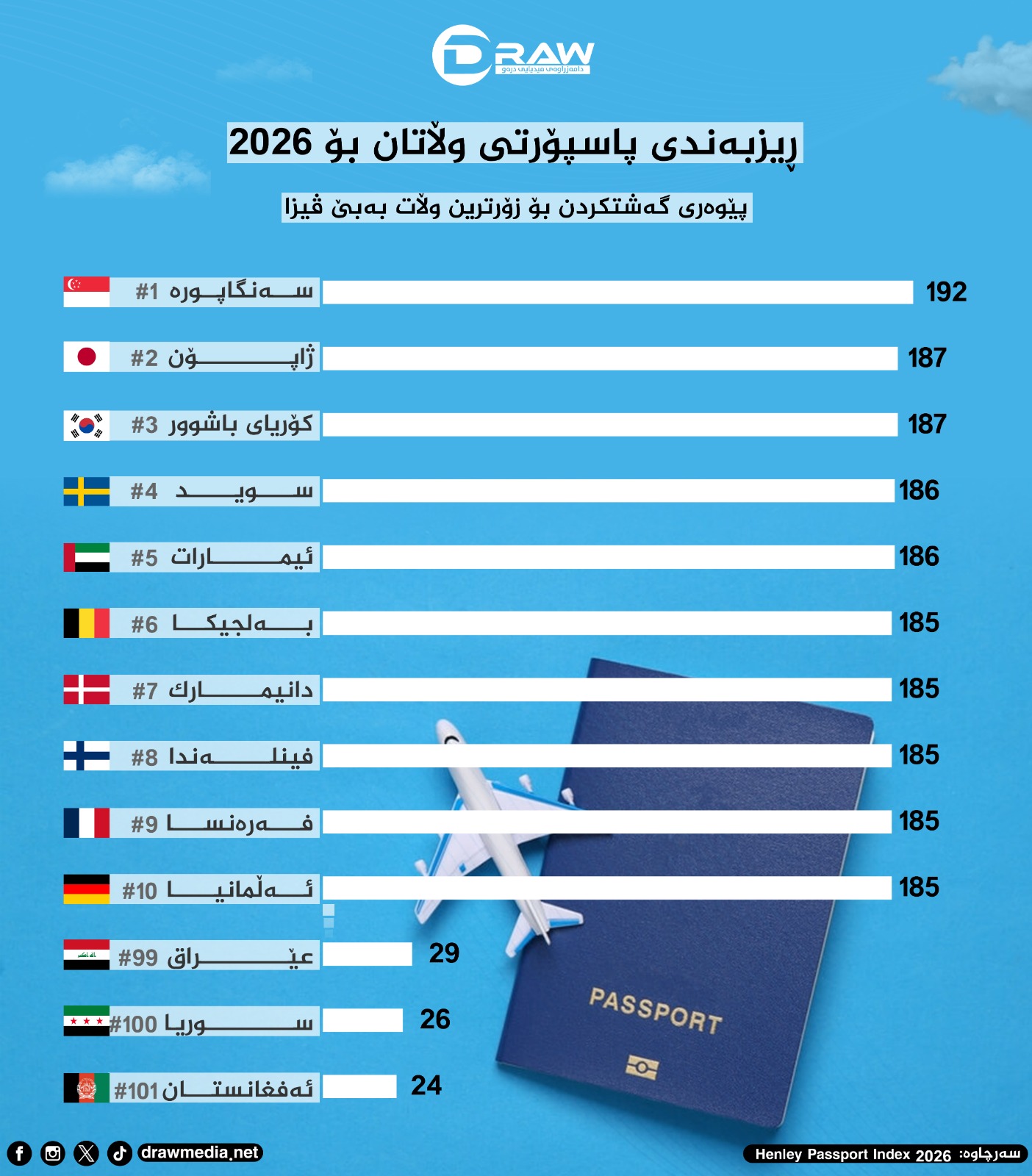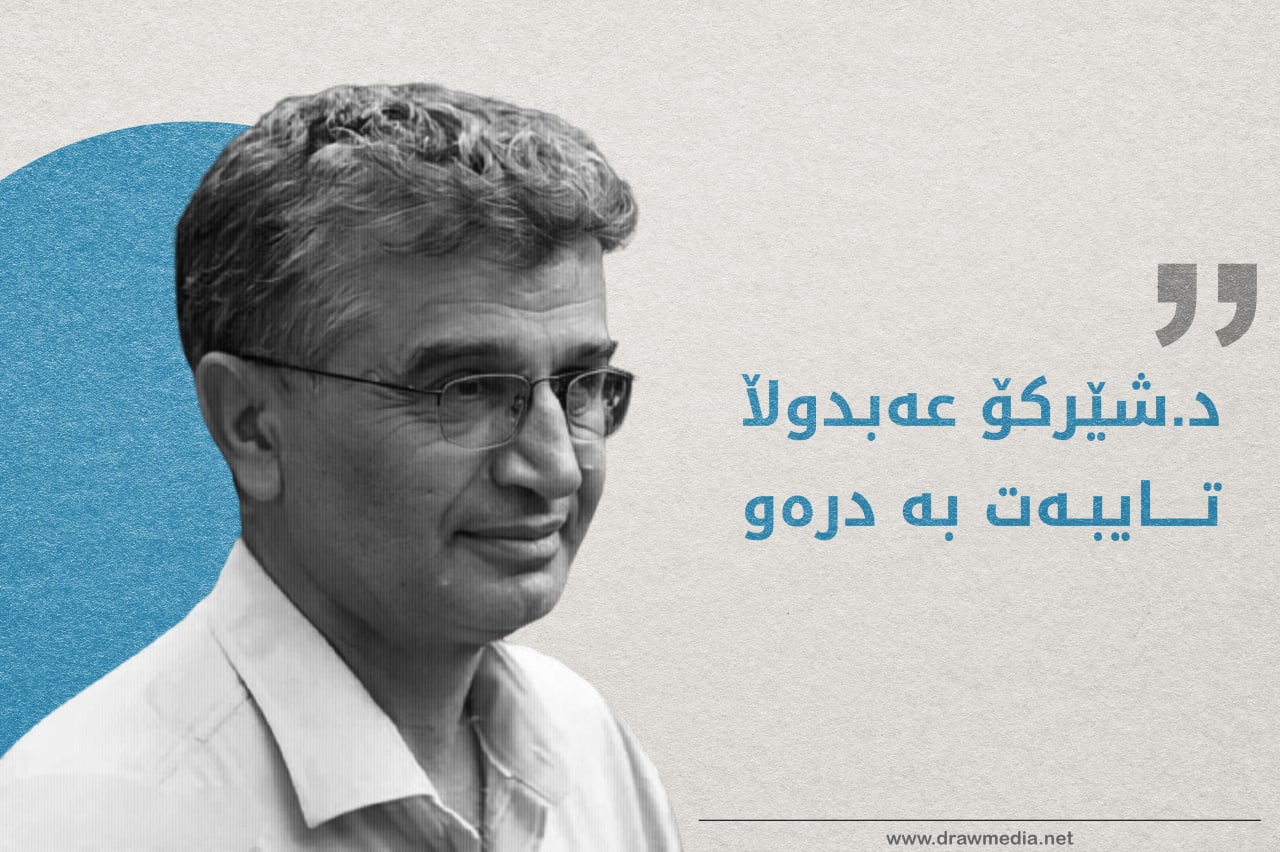From Beijing to Erbil: China's 75th Anniversary: Insights for the Kurdistan

2024-10-01 12:24:43
China’s progress over the last 75 years has been remarkable. From a largely agrarian economy in the mid-20th century, China has become the second-largest economy in the world, largely due to its Belt and Road Initiative (BRI), which has fostered international trade and infrastructure development. The Kurdistan Region, a rapidly growing area within Iraq, can learn from China’s economic model—particularly in diversifying its economy beyond oil, enhancing its industrial base, and attracting foreign investment.The BRI offers the Kurdistan Region a gateway to new infrastructure investments, trade partnerships, and technology transfers. By aligning itself with China’s global economic vision, Kurdistan can improve its connectivity with international markets and bolster its role as a commercial hub within Iraq and the wider Middle East. Chinese companies are already active in the region, contributing to sectors like energy and construction. Kurdistan can deepen its ties with China to accelerate development in critical sectors such as technology, telecommunications, and manufacturing.China’s vast investments in infrastructure, both domestically and abroad, demonstrate its commitment to modernization. From high-speed rail networks to smart cities and green energy projects, China has transformed the landscape of its cities and can serve as a model for Kurdistan,Connection to Kurdistan: The Kurdistan Region is focused on rebuilding and expanding its infrastructure, particularly in transportation, energy, and housing. China’s experience in developing megaprojects could be crucial for enhancing Kurdistan’s infrastructure, improving the quality of life for its citizens, and attracting foreign investment. Additionally, by partnering with China, the region can access cutting-edge innovations in renewable energy, telecommunications, and digital economy infrastructure, supporting its ambitions to become a technological leader in Iraq.Over 75 years, China has preserved its rich cultural heritage while embracing modernization. The promotion of Confucian values, the arts, and cultural diplomacy has made China a global cultural powerhouse. Similarly, the Kurdistan Region should strive to promote its identity while engaging in cultural exchange,China and Kurdistan have established cultural ties through events like the China-Kurdistan Cultural Weeks, language programs, and student exchanges. Expanding these exchanges will foster mutual understanding and promote tourism and education in both regions. The expansion of Mandarin language programs in Kurdish universities could allow more Kurdish students to study in China, bringing back valuable knowledge that could benefit various sectors of the Kurdish economy. Cultural diplomacy through arts, heritage preservation, and joint exhibitions could further strengthen the bonds between the two regions.China’s journey has focused on achieving sovereignty, national unity, and stability while emerging as a major global player. The Kurdistan Region, facing its own challenges related to autonomy, security, and regional stability, can find inspiration in China’s path to success.Just as China prioritized national unity and stability to enable its rise, the Kurdistan Region can work on consolidating its governance structures, ensuring peace and stability as a foundation for economic development and international cooperation. China has played a significant role in regional security, offering political support and engaging in diplomatic efforts to resolve conflicts in the Middle East. Continued diplomatic engagement between China and Kurdistan can help address local security concerns, promote regional stability, and facilitate reconstruction efforts in Iraq.China’s global rise has been characterized by fostering diplomatic partnerships and participating in international forums that support global peace and development. Its strategic alignment with regions around the world, including the Middle East, has grown. The Kurdistan Region, through its cooperation with China, can leverage this partnership for both regional stability and economic growth.
Halo Hassan Saeed
-Halo Hassan Saeed is a writer and journalist, a member of the International Union of Journalists, and the author of two books on the People's Republic of China. His work focuses on fostering cultural understanding and promoting awareness of Chinese influence in the region.







.png)
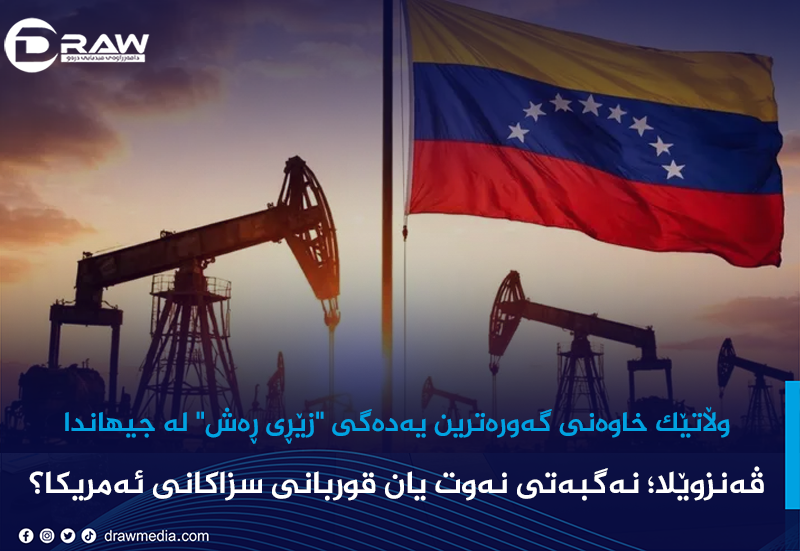
.png)
.png)
.png)
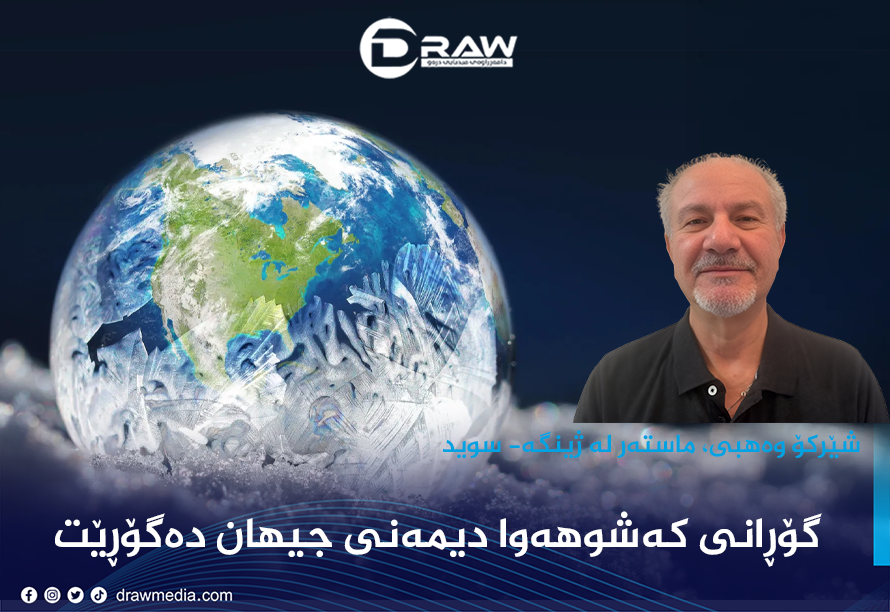

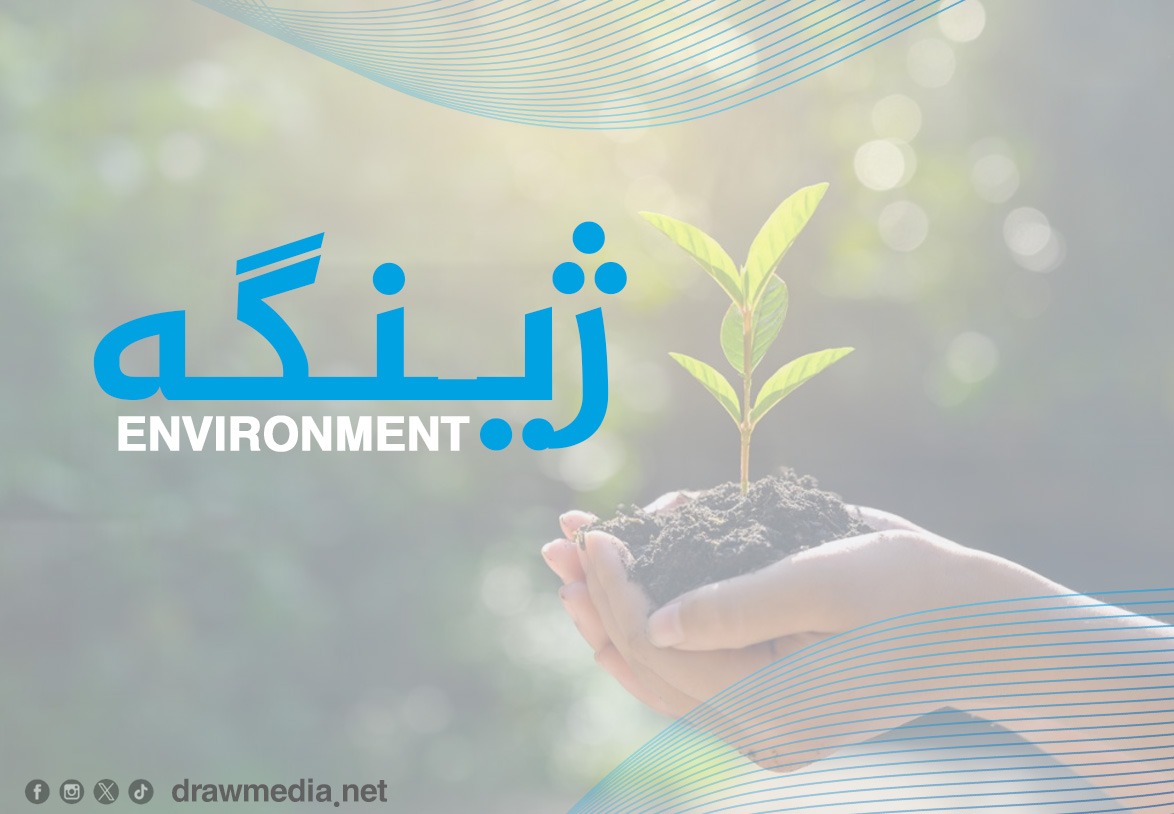
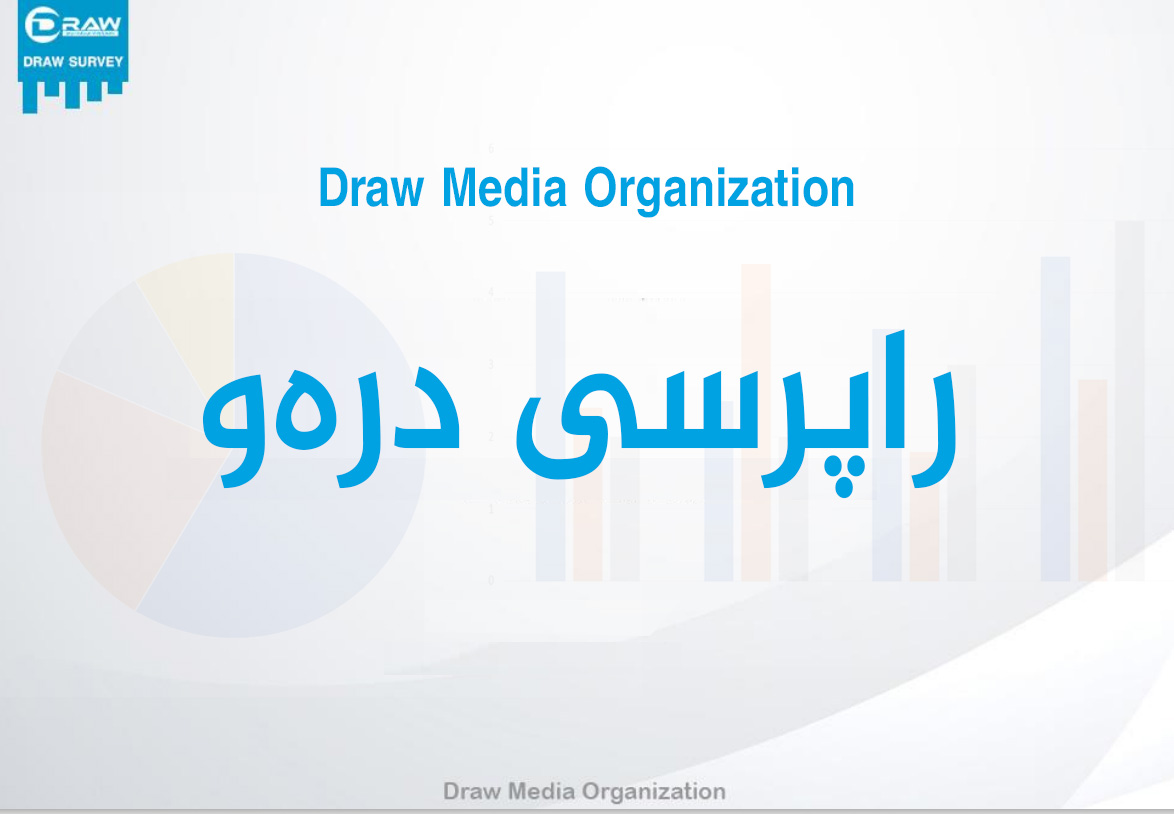

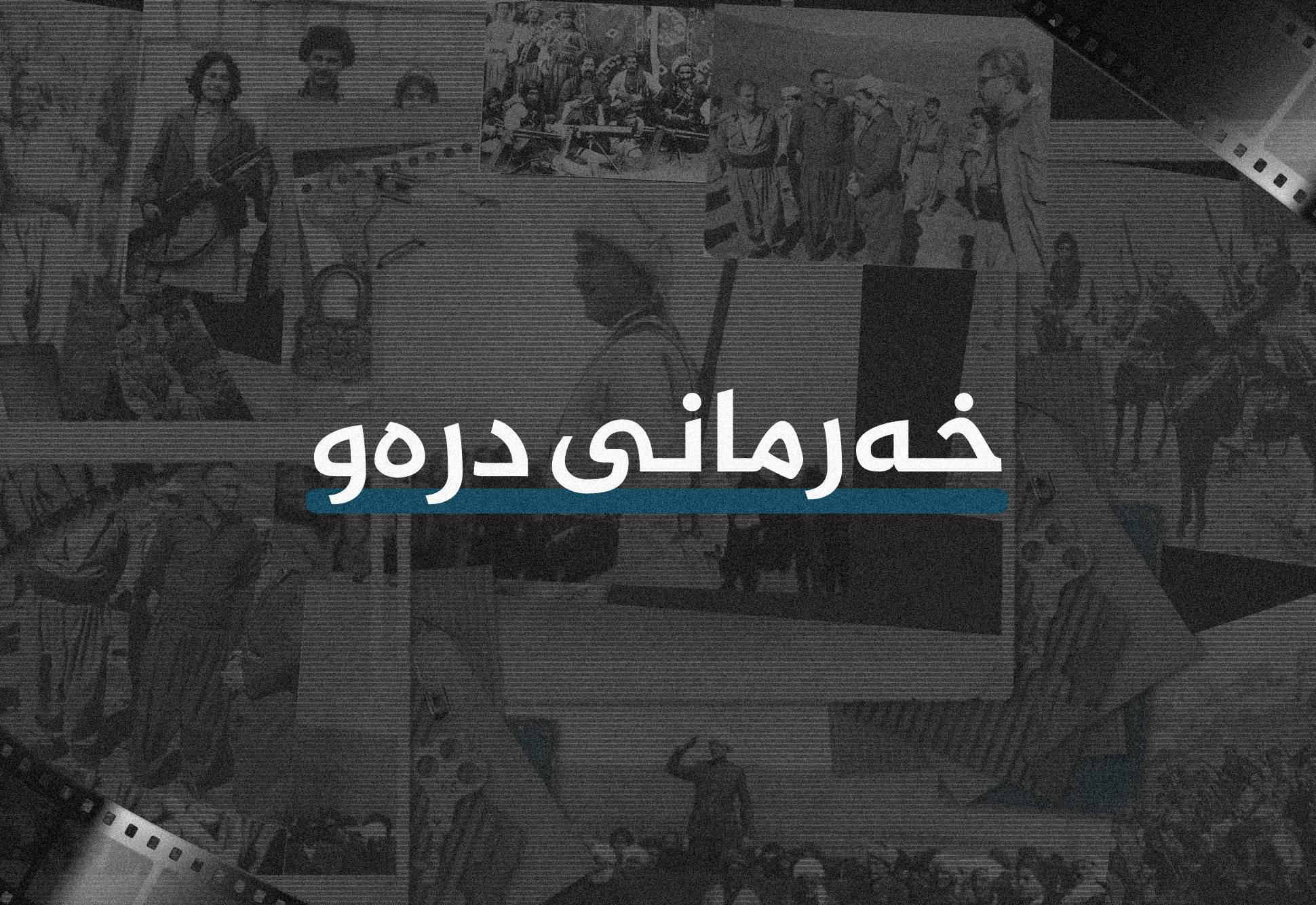
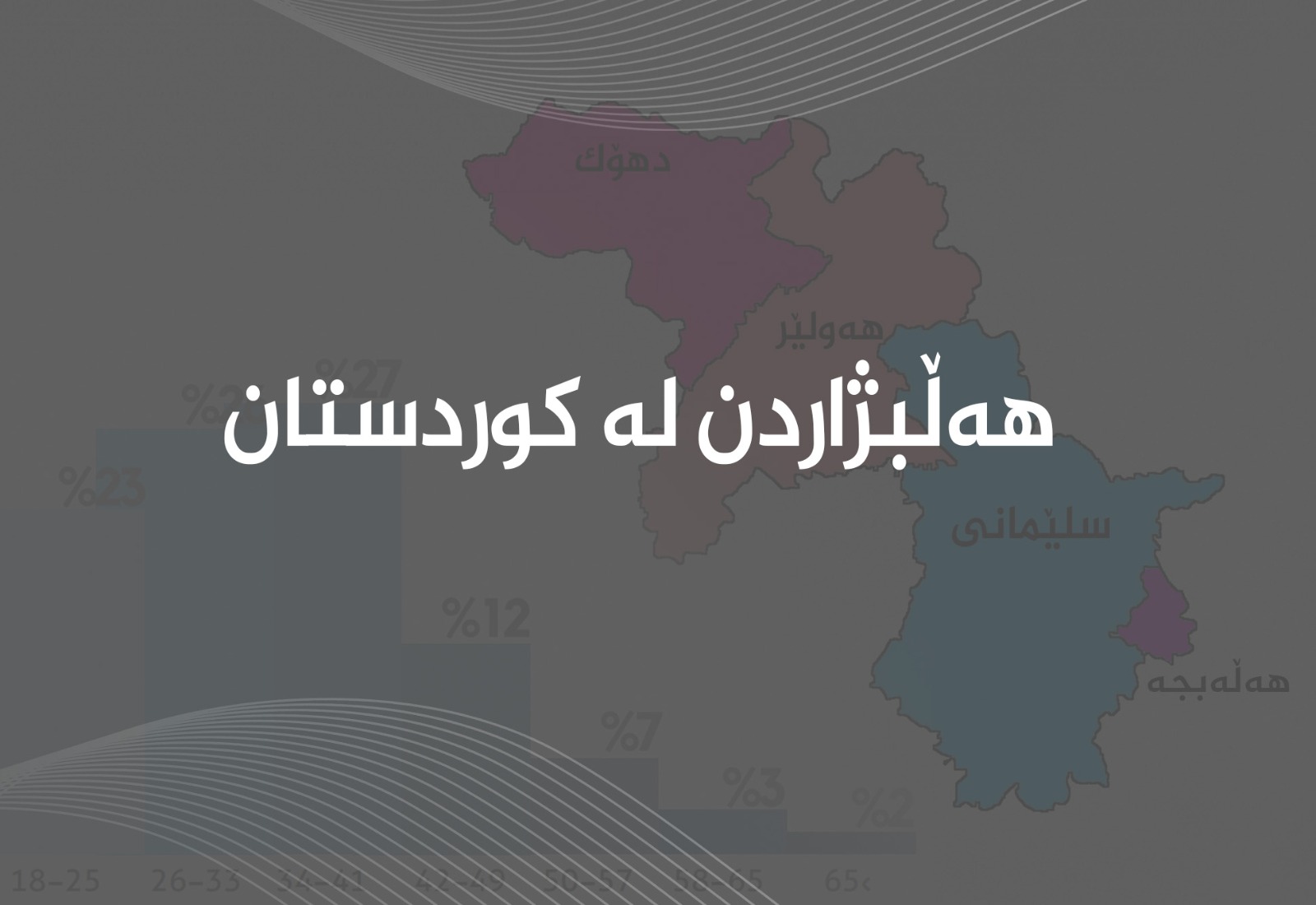

.png)
.png)
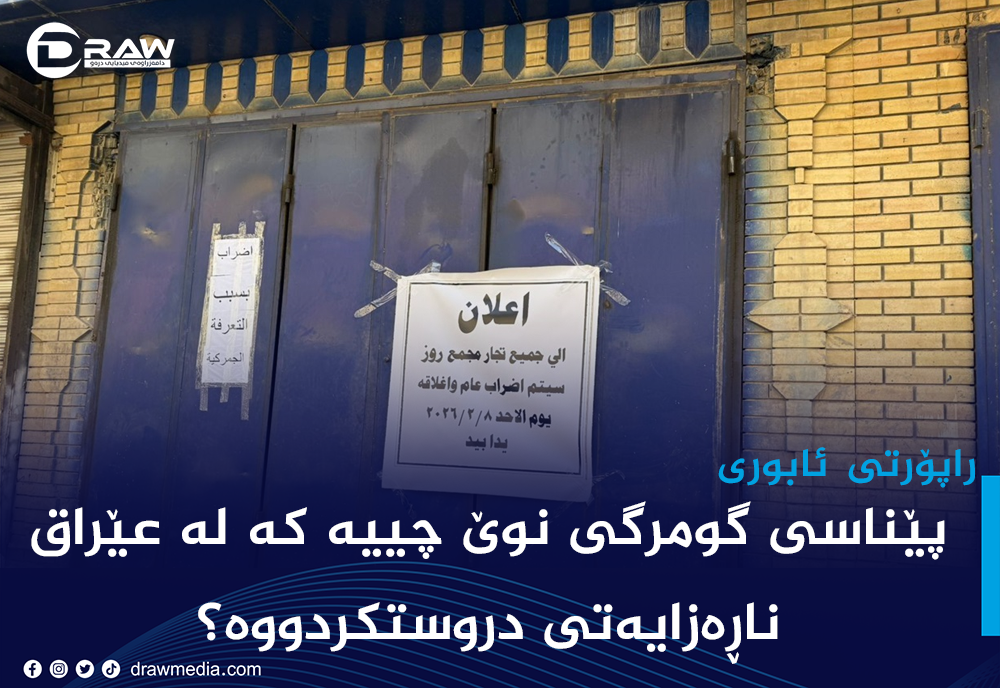
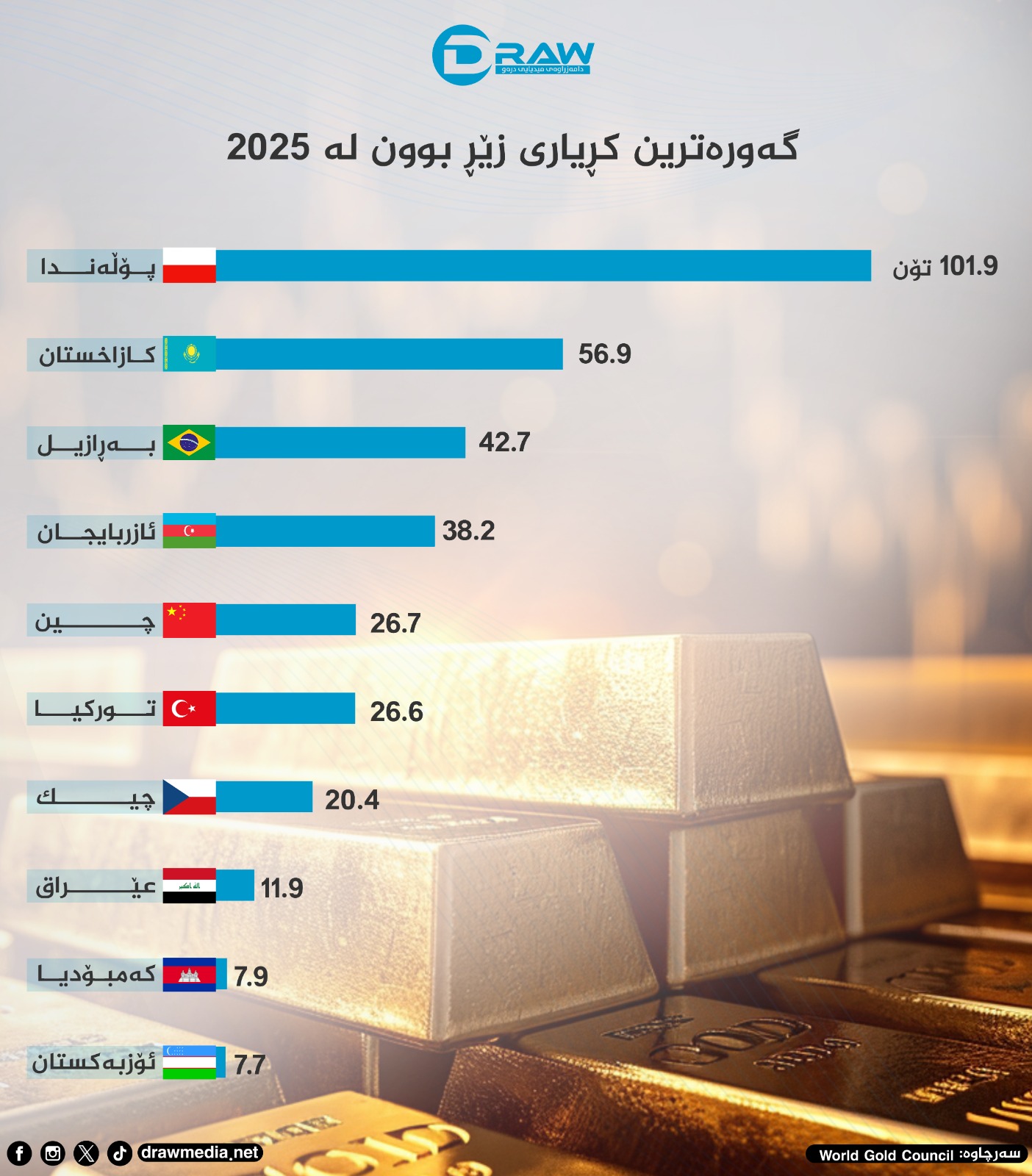
.png)
